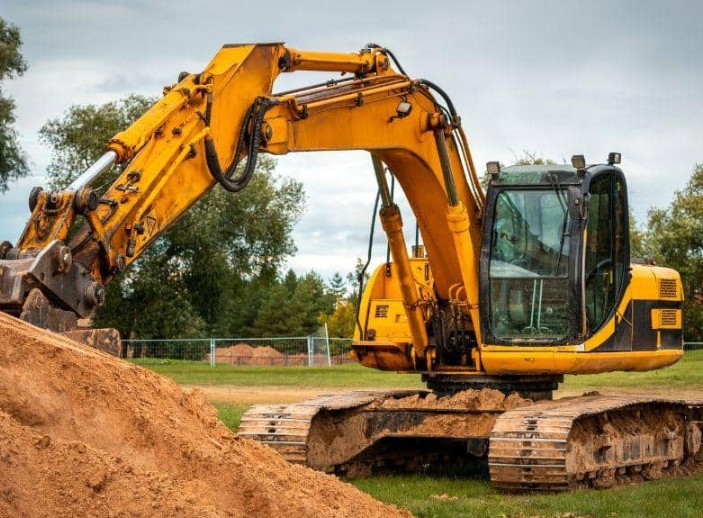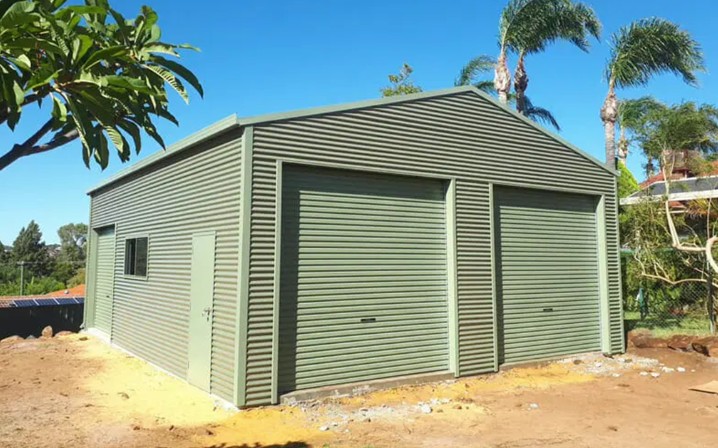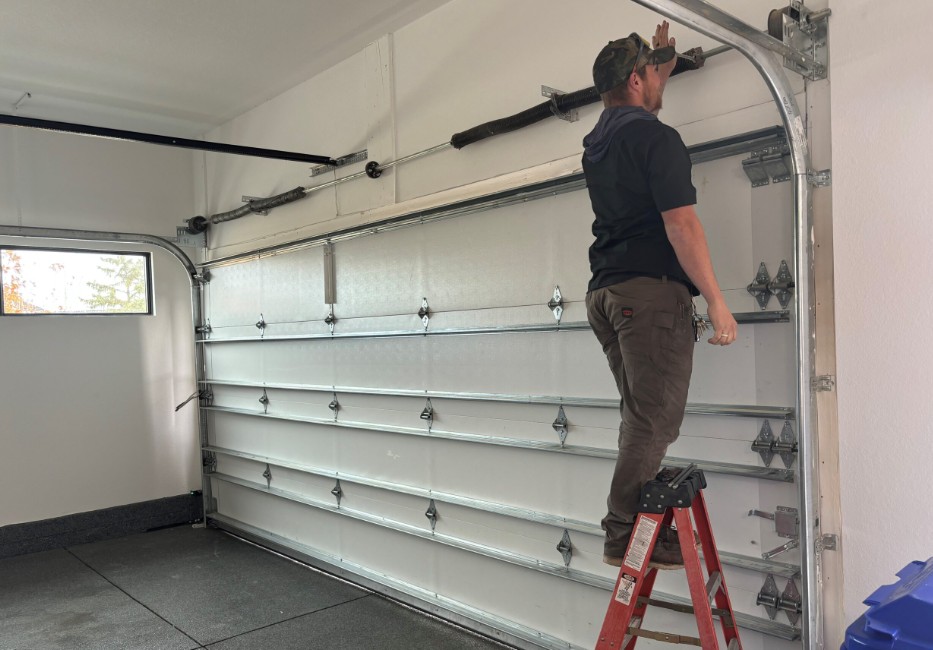How to Choose a Safe & Reliable Excavation Contractor

Whether you’re breaking ground for a new home, installing a pool, or developing a commercial site, hiring the right excavation contractor is one of the most critical first steps. Excavation lays the groundwork—literally—for everything that comes next. A mistake in this stage can lead to costly repairs, project delays, or even dangerous conditions. That’s why choosing a safe and reliable excavation contractor is essential.
In this guide, we’ll walk you through the key factors to consider when choosing a contractor and how to make sure the excavators you hire meet both safety and performance standards.
Understand What Excavation Contractors Do
Before selecting a contractor, it’s helpful to know what their job entails. Excavation contractors are responsible for:
- Clearing land of debris, trees, and rocks
- Digging foundations, trenches, and drainage systems
- Grading the land for proper water runoff
- Operating heavy machinery such as excavators, bulldozers, and backhoes
- Ensuring all digging work complies with local codes and safety standards
Because their role is foundational, hiring a contractor who does the job right the first time is crucial to the success of your entire project.
Check Licensing and Insurance
Any reputable excavation contractor should be fully licensed to operate in your area. This includes having proper certification for running heavy equipment like excavators. Licensing ensures the contractor has passed specific competency tests and adheres to state or local regulations.
Also, never work with a contractor who doesn’t carry liability insurance and workers’ compensation. Excavation involves risks—cave-ins, utility strikes, or equipment malfunctions—and insurance protects you from potential lawsuits or repair costs.
Evaluate Experience and Track Record
Experience matters—especially in excavation. A seasoned contractor will know how to avoid underground utilities, handle different soil conditions, and adapt to changing weather or terrain. Ask the contractor:
- How long have they been in the excavation business?
- What kind of projects do they specialize in?
- Can they provide references or photos of previous work?
Experienced professionals not only operate excavators efficiently but also know how to maintain job site safety and avoid costly mistakes.
Inspect Equipment and Safety Protocols
A trustworthy excavation contractor keeps their equipment in top condition. This includes their excavators, loaders, and trenchers. Ask to inspect their fleet or at least confirm how often their machinery is serviced.
More importantly, inquire about their safety procedures. A reliable contractor will:
- Conduct daily site inspections
- Follow OSHA standards
- Provide personal protective equipment (PPE) for their crew
- Have clear protocols for accidents and emergencies
A safety-first attitude is a sign that the contractor values both their employees and your property.
Get a Detailed Estimate and Timeline
Always request a written estimate that includes:
- Labor costs
- Equipment fees (including excavators)
- Permits and inspection charges
- Disposal of debris or soil
- Estimated completion time
Be cautious of contractors who give vague quotes or rush the planning process. A detailed proposal helps you avoid hidden fees and delays later on.
Communication and Professionalism Matter
From your first interaction, take note of how the contractor communicates. Do they respond promptly to emails or calls? Are they willing to answer your questions clearly and honestly?
Professional excavation contractors should walk you through the entire process, from site prep to project completion. If they’re hard to reach or give inconsistent information, that’s a red flag.
Read Reviews and Check Reputation
Online reviews can give you a snapshot of the contractor’s performance. Look for consistent praise (or complaints) about:
- Project completion timelines
- Equipment quality (especially excavators and machinery)
- Worksite cleanliness and safety
- Cost transparency
You can also check if the contractor is listed with the Better Business Bureau (BBB) or local trade associations, which often vet their members for reliability.
Final Thoughts
Hiring the right excavation contractor is about more than just digging a hole—it’s about laying a safe and solid foundation for your project. When you prioritize licensing, experience, equipment, and communication, you’ll feel confident that your contractor can get the job done right.
Remember, excavators are powerful machines that require skilled operators and well-planned execution. By doing your homework and asking the right questions, you’ll avoid major headaches and ensure your project starts off on stable ground.





